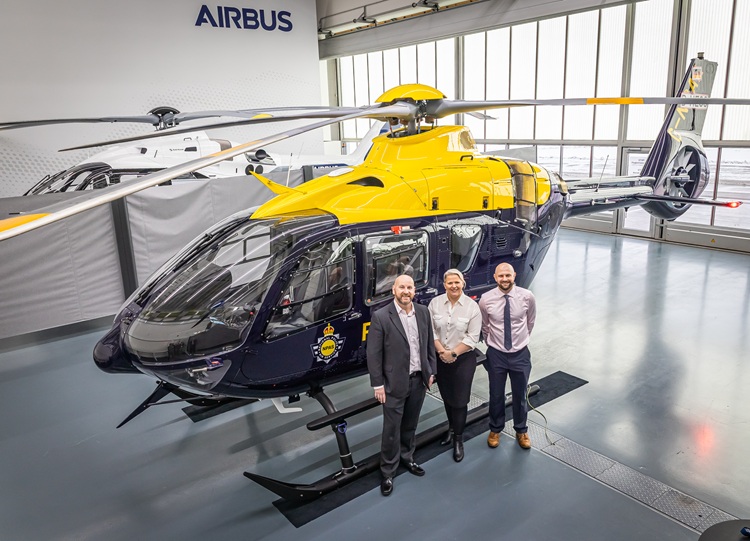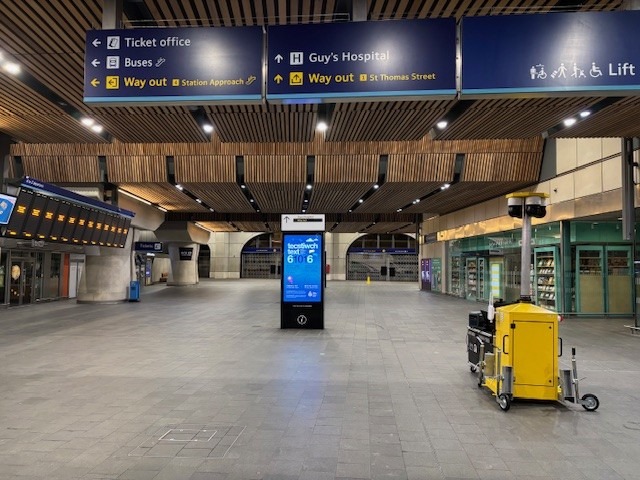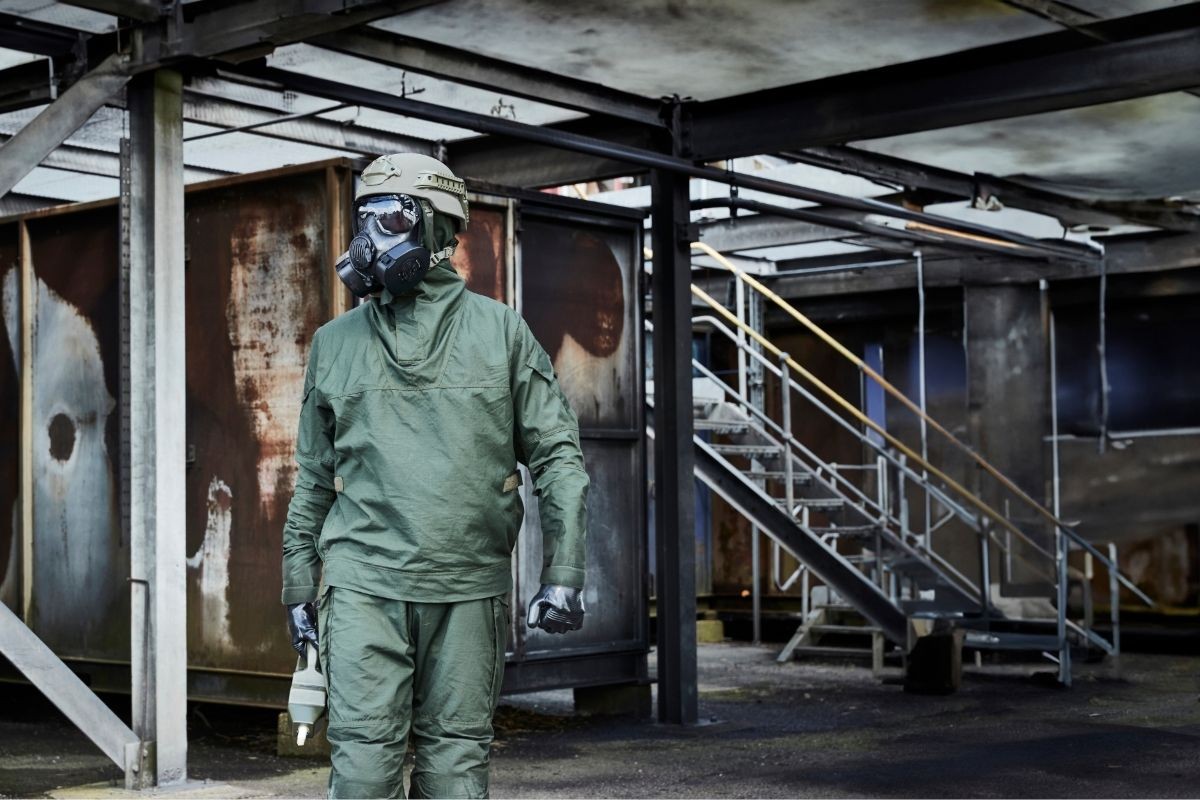Four engineering researchers awarded grants to advance national security
Focusing on areas of basic research, the fellowships support cutting edge developments in topics relevant to the intelligence community while providing mentoring to a new generation of engineers.

Courtesy Royal Academy of Engineering
The fellowships, which are offered by the Government Office for Science and administered by the Royal Academy of Engineering (above), are a vital link between academia and the intelligence community. Each awardee receives funding for at least two years of their project and mentorship from a Fellow of the Academy as well as an advisor from the intelligence community.
Dr Hayaatun Sillem, CEO, Royal Academy of Engineering, said: “Investing in engineering research is essential for the UK to keep pace with threats to national security – as our technological capabilities advance so do the opportunities for exploitation by attackers. The UK IC Postdoctoral Research Fellowships help to connect the very best engineering researchers with the intelligence community, which is an important step to ensuring the UK can address the new security challenges of our modern world.”
The post-doctoral researchers and their projects are:
Detecting facial morphing
Jerone Andrews, University College London
Facial morphing is an image tampering technique that blends pictures of different people into a new image that partially resembles each one. The technique has been used to trick identify checks based on facial recognition, such as automated passport control gates at airports. Jerone Andrews will develop a system that can detect anomalies in images using state-of-the-art algorithms that have been ‘taught’ the range and extent of normal variation in images. The system will be used to detect irregularities in images when applying for identity documents and when a live photograph is taken of the person carrying the identity document.
Protecting the Internet of Things
Dr Raoul Guiazon, University of Leeds
Internet of Things (IoT) devices are increasingly popular but many current cybersecurity tools are ill-equipped to protect these devices from attacks. This project will focus on detecting unusual behaviour in IoT networks, particularly spoofing attacks where a malicious device masquerades as a legitimate one. Dr Raoul Guiazon’s authentication method provides IoT devices with an identity that changes over time, a process that is too complex for attackers to track but easy for a network controller with access to the device’s history. This method needs little energy or computing power, making it suitable for small devices and those located in hard to reach environments such as nuclear reactors.
Virtual reality training for counter terrorism policing
Dr David Harris, University of Exeter
Virtual reality technology is rapidly gaining popularity, not just for entertainment, but also for use in high-risk, safety critical training exercises, such as police responses to terrorist incidents. Both visual attention and an individual’s reaction to stressful situations are critical to police performance, but to date there has been little research on how these abilities can be developed using VR. Dr David Harris will examine how virtual reality training can be used to train counter terrorism police officers and improve visual attention and control stress responses.
Insect-inspired robots for remote missions
Dr Tim Helps, University of Bristol
Insects exhibit many incredible abilities, especially in terms of movement and adaptability, that are inspiring the design of new devices such as robots. Small, soft, semi-autonomous robots that can behave like insects could revolutionise intelligence gathering, humanitarian disaster relief, industrial repair and even minimally invasive surgery. Dr Tim Helps will investigate how insect characteristics and behaviours can inform the development of micro-robotic systems and develop cutting-edge artificial muscle technology to create micro-robots capable of navigating rugged terrain and enclosed spaces.














